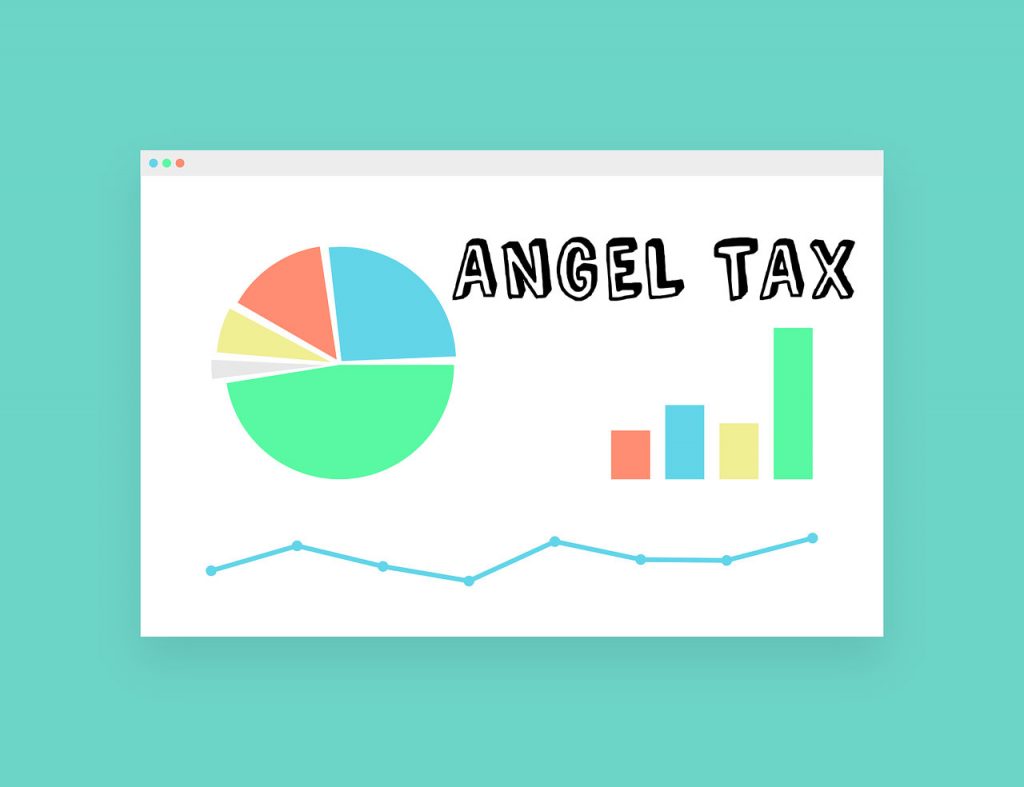
In between the Indian government’s bid to promote Make in India and the startup industry in the country, the government has finally agreed stating that startups founded before 2016 who have raised up to Rs 10 crore angel funding will be exempted from the Angel Tax.
Know what is Angel Tax here?
“We have finalised the conditions which will resolve the issue of pre-2016 startups,” an anonymous official from DIPP(Department of Industrial Policy and Promotion) told the source ET.
The finance ministry had initiated the discussions with the Department of Industrial Policy and Promotion (DIPP) on the certification of genuine startups to help with the decision, amidst growing protests from investors and startup founders.
“The government has also asked tax officials not to pursue cases against startups” the source reported.
This move is expected to help over 300 startups that received angel funding from investors. “We will have adequate safeguards that would be taken into account when a startup is examined for recognition,” said the official.
A run down on Angel Tax
Introduction
Angel Tax was introduced back in 2012 by Pranab Mukherjee in the finance bill that he proposed. When a closely-held private company receives equity funds from outsiders at a premium to the fair price, tax laws held the amount raised in excess to the fair price as taxable. The amount is reckoned as ‘income from other sources’ and taxed under Section 56 (ii) of the Income Tax Act.
It was solely done to control money laundering through high premium of shares. After this, the income tax authorities had issued a number of notices to startups under this provision.
SEBI Registered Angel Fund
Later in 2013, Sebi formulated the Angel Tax and recognized the funding raised by a startup that is under Sebi angel funds will not be taxed. It recognized the angel funding as a sub-category with a smaller corpus. The range that was set was Rs 2,50,000 to Rs 10 crore.
Mohandas Pai
Later in 2017, the topic once again came into limelight when angel investor Mohandas Pai raised the issue saying that even though the there are certain tax exemptions already implemented, some startups are still haunted by income tax officials.
Now in 2018, the scenario has very much changed. The income tax PAN(permanent account number) and Aadhar help keep a check on practices like money laundering and tax evasions. The government no longer has difficulty on tracking down fraudulent shell companies and penalizing promoters, however, hardcore entrepreneurs still suffers who issue the shares at the best price they can, to boost their capital base.
